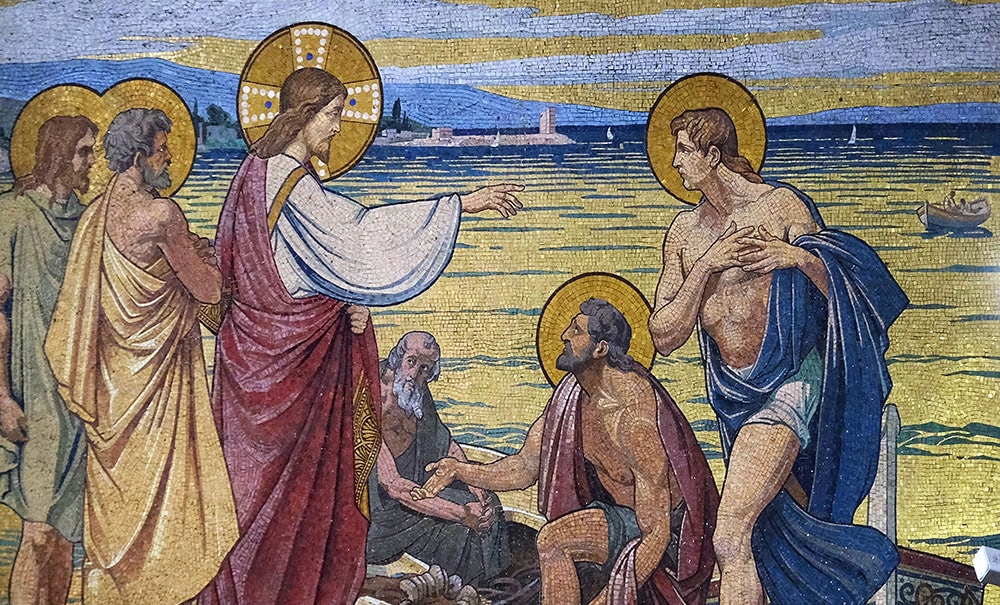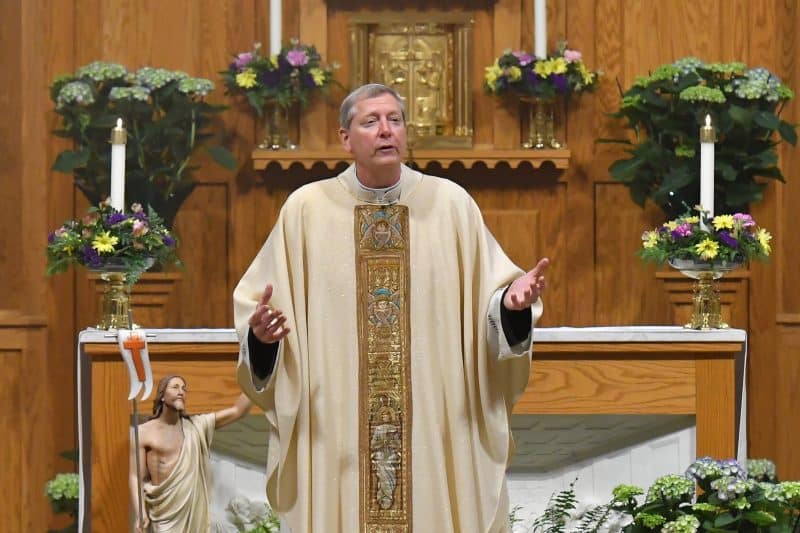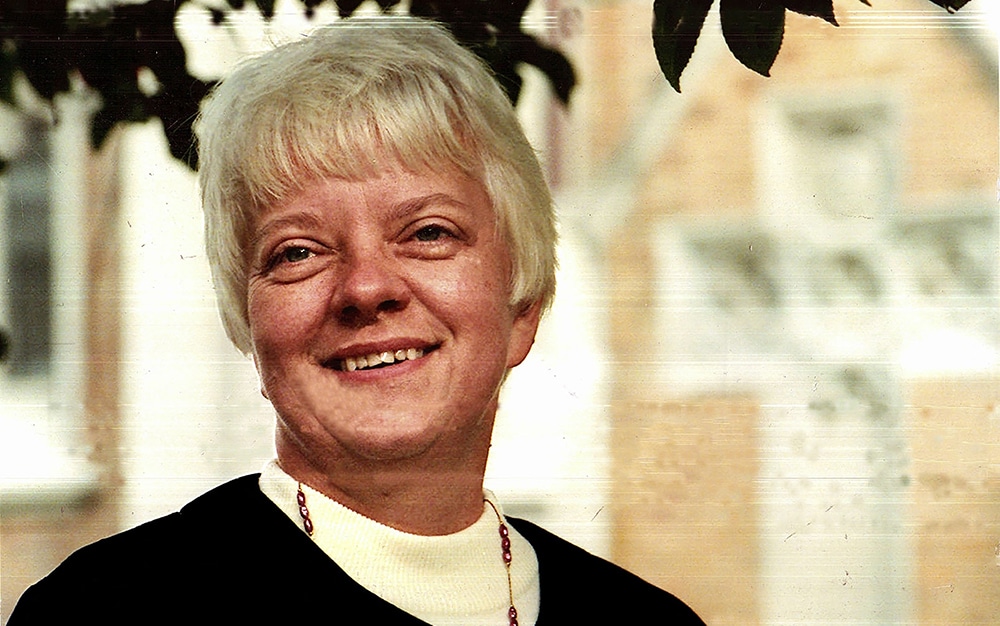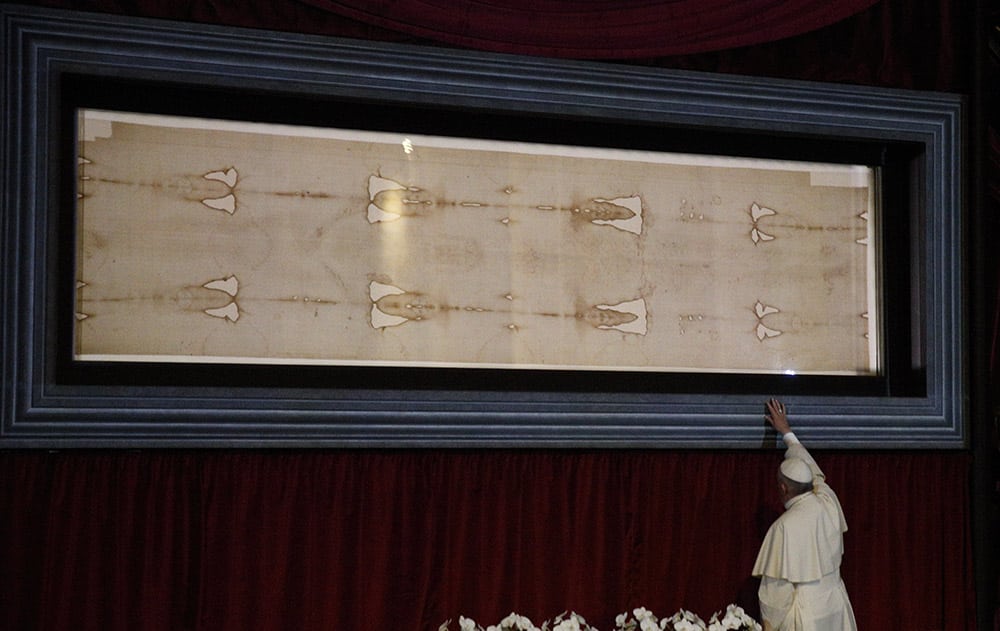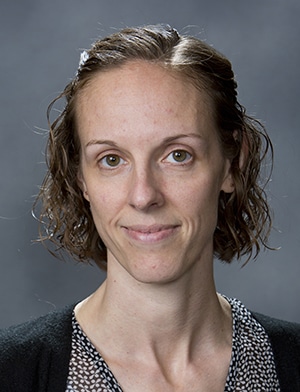 John’s Gospel is always inviting us to “come and see” and then to believe.
John’s Gospel is always inviting us to “come and see” and then to believe.
In our passage from John for this Sunday, Christ invites the disciples to “Come, have breakfast.”
This is a great line, because it invites the reader to come to this breakfast feast and to see the risen Lord with the eyes of faith. The scene is vivid.
We arrive on shore with the disciples, one of whom, Peter, is lightly clad and dripping wet, having jumped into the sea to swim ashore. They are dragging a net behind the boat filled to overflowing with a fresh catch. And there is a charcoal fire to warm them and upon which Christ is grilling fish and bread.
Yes, I want to “come have breakfast!”
| May 1 – Third Sunday of Easter |
|---|
|
Acts 5:27-32, 40-41 |
And yet the vividness of this scene is not just inviting me to see a beach brunch. It is inviting the reader to see the risen Lord with the eyes of faith.
Perhaps, while reading about this breakfast, you noticed how this scene echoes the multiplication of the loaves and fishes in John 6. This miraculous multiplication was also a sign, pointing us toward Christ’s glory. The miracle prepared us to see and to receive Christ’s death as the moment of glory, of “shining forth”: when the blood and water pour forth from Christ’s side upon the cross, the love of the Father “shines forth.” This love, as Christ told the disciples in John 6, is the bread of life. God’s love is our bread. It is our life.
Sitting now at breakfast, the disciples will offer their love to the Lord in Peter’s voice: “Yes, Lord, you know that [we] love you.” It is dawn: a new day.
John often contrasts night and day to help us see the “light” that is “coming into the world” in Christ. In our passage for today, Christ literally feeds the disciples breakfast at dawn, and so something greater even than coming to breakfast is signified: life illuminated by Christ’s light, sustained by his love.
Our other readings for this Sunday also help us see what kind of “new day” is dawning in Christ.
In the reading from Acts, we see the disciples strengthened by “breakfast” with the Lord. Arrested and questioned by the Sanhedrin, the disciples refuse to be censured. They will preach the Gospel at all costs, rejoicing in their sufferings. They are, as they say, “witnesses” to God’s forgiveness. And as we know, they broke fast with the Lord, eating the bread and fish he had prepared for them; fed by love.
The second reading, from the Book of Revelation, speaks of another dawn, which breaks in more and more every day. Here, John expands our vision of the risen Lord beyond the Sea of Galilee. In this heavenly scene, we behold the Lamb, the only one worthy of praise, “honor, glory, and blessing.” When John offers us this vision, the circumstances of his life have greatly changed. The situation of arrest and questioning has become a persecution of the Church by Rome. But we see the desire to “witness” to God’s love strengthened by communion with the Lamb, and the praise of the saints in heaven. A “new day” is dawning, indeed!
And so, what has John invited us to “come and see?” Breakfast with the risen Lord, glorified by love and continuing to offer us this love as the bread of our lives. We see the “new day” breaking in around us with every celebration of the Eucharist. We see the witness of the saints and the dawn of our transformation into disciples sustained by love. Let’s go, and “have breakfast!”
Catherine Cavadini, Ph.D., is the assistant chair of the Department of Theology and director of the master’s in theology program at the University of Notre Dame.

